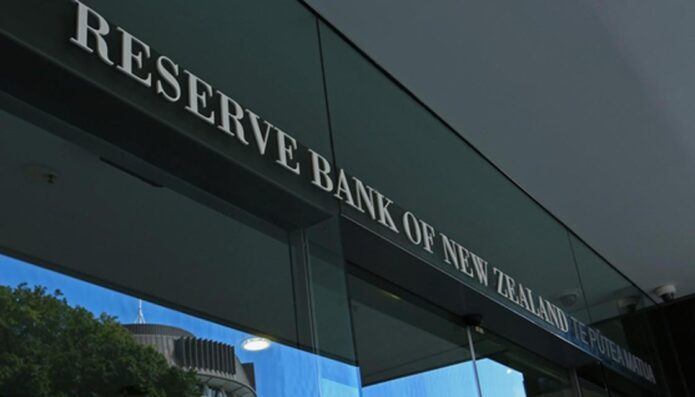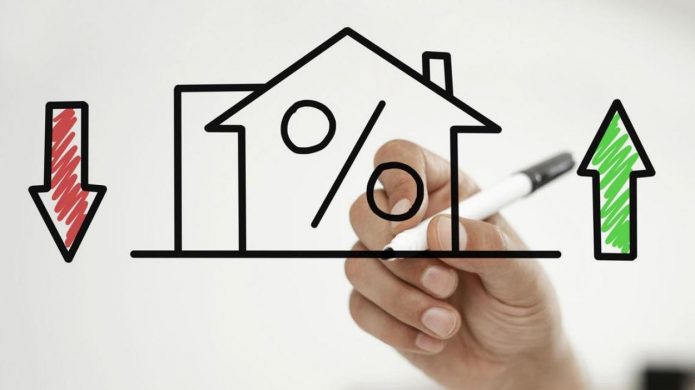PHOTO: The Reserve Bank of Australia. FILE
The Reserve Bank of Australia has slapped down the pessimists who are concerned that its super-sized interest rate rises will crush the housing market and the economy.
In her first speech as deputy governor on Tuesday, Michele Bullock delivered crucial RBA analysis to argue household balance sheets can handle a potential 3 percentage point increase in the cash rate (since May) by mid-2023 in line with money market pricing.

Most households have large repayments on their mortgages, cash buffers, solid equity in their home and had borrowed under stricter bank lending policies in recent years, Bullock said.
Cynics say the RBA needs to justify why households can afford significantly higher than anticipated rates, after it misled borrowers as recently as last year in saying that the cash rate was unlikely to rise until 2024.
Nevertheless, Bullock delivered an extra nugget by foreshadowing that the current 1.35 per cent cash rate must go a “fair bit higher” to reach neutral, the estimated level at which monetary policy is neither stimulatory nor restrictive.
RBA board meeting minutes were also hawkish on Tuesday, stating the cash rate was “well below” the lower range of estimates for the neutral rate.

Governor Philip Lowe says the nominal neutral rate is probably “at least” 2.5 per cent, and hinted the bank may need to go above this to impose restrictive policy.
But Lowe isn’t really sure what level the neutral rate is. We may only know in retrospect.
There are two distinct views emerging on the implications of significantly higher rates.
Bullock’s speech was an implicit, if unintentional, rejection of pessimistic assessments by some RBA watchers who say the bank risks tightening policy too aggressively and smashing the housing market.
READ MORE VIA AFR
MOST POPULAR IN NEW ZEALAND
 New kiwi Property TV Show: RICH LISTERS
New kiwi Property TV Show: RICH LISTERS Ex real estate agent pleads not guilty to string of charges
Ex real estate agent pleads not guilty to string of charges ‘World’s hottest grandma’ NZ’s Gina Stewart forced out of home by paparazzi | WATCH
‘World’s hottest grandma’ NZ’s Gina Stewart forced out of home by paparazzi | WATCH How KFC car park deal brought down rising real estate star | AUSTRALIA
How KFC car park deal brought down rising real estate star | AUSTRALIA Possibly the perfect the Kiwi bach: The bach that JK built | WATCH
Possibly the perfect the Kiwi bach: The bach that JK built | WATCH NBR rich list 2022
NBR rich list 2022 Real estate agent’s message to home buyers
Real estate agent’s message to home buyers Abandoned land for sale
Abandoned land for sale Mortgage holders to be SLAMMED more: Another big OCR expected
Mortgage holders to be SLAMMED more: Another big OCR expected 10 ways real estate agents can stay focused in a changing market
10 ways real estate agents can stay focused in a changing market










